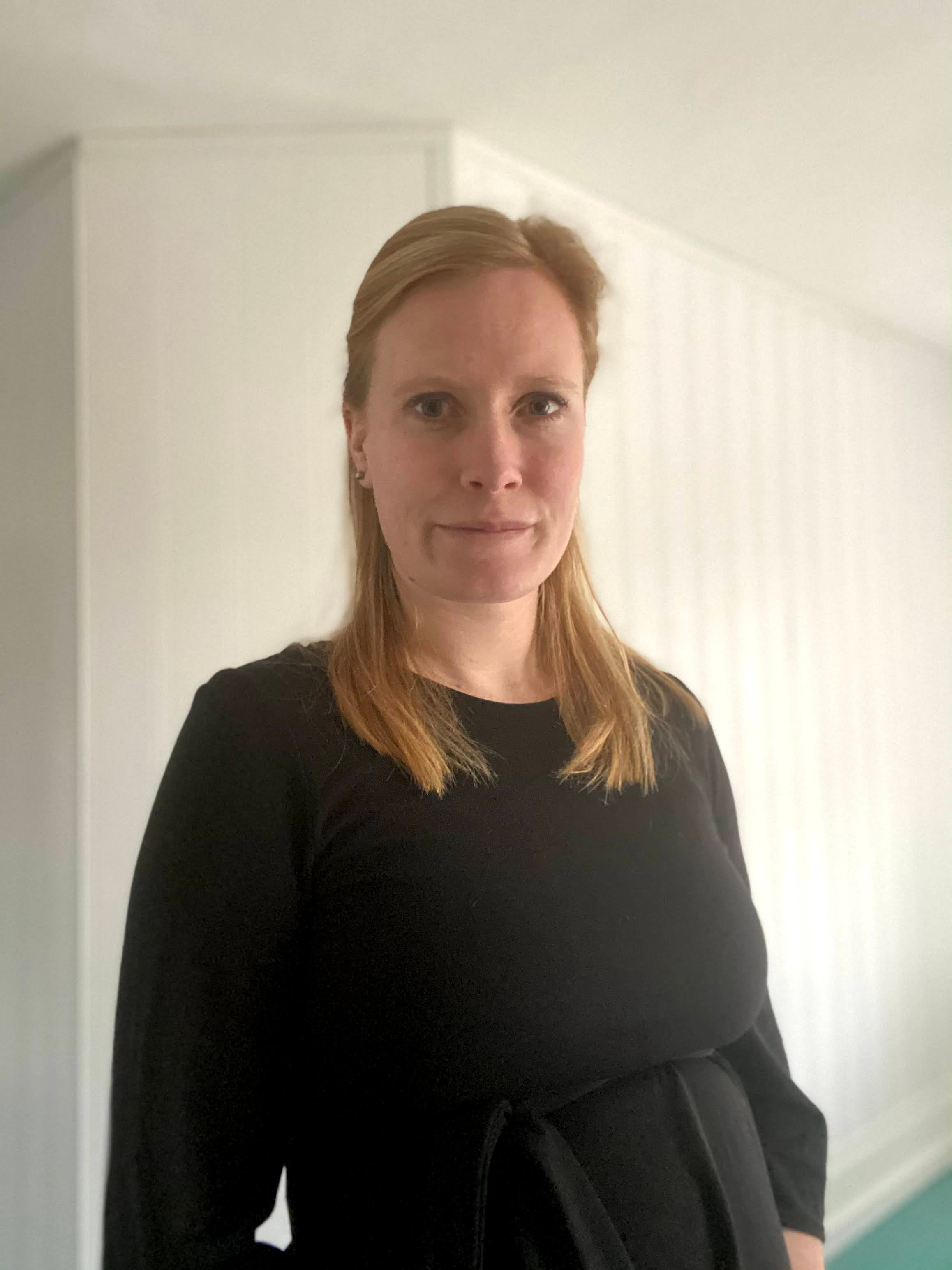“During my Bachelor’s programme in Betagamma-Neuroscience I came into contact with Mathematica and MatLab and the value of programming algorithms in research. I found this very interesting and the Master’s programme in Bioinformatics & Systems Biology seemed like a good fit. I found the study programme itself challenging, especially because the step to programming and higher mathematics was quite big for me. I learned a lot from it and am still glad that I did take this step.”
“In the second year of the Bioinformatics Master's programme, I was able to do an internship at Brown University in the United States in the Computational Neuroscience department with exactly the right mix of Neuroscience and Bioinformatics. Here, I worked on Bayesian Predictive Modelling and Game Theory. After completing my Master's degree, I found a job as a data scientist at a medical informatics research centre affiliated with the U.S. Department of Veterans Affairs in Boston. They conduct large-scale medical studies across the country and have a vision to create a ‘Learning Healthcare System’. I find this such a great and interesting guiding principle that I’ve continued to work for them.”
“After my getting Master’s degree, I found the choice between a PhD or a job very difficult. I knew people who combined a PhD and a job so I saw that it was possible to do so. In my current position, I lead the team that provides the informatics structure behind national research projects, which is often data science-like in nature. In addition, we work towards the implementation of these results in the clinical environment/hospitals, i.e. a ‘Learning Healthcare System’. This field is very close to a PhD in Complex Systems & Data Science. I can therefore apply what I learn in the classroom to my work and, vice versa, do my PhD research as my current job. In terms of scheduling, it is sometimes a bit complicated, but generally it works out.”
“At the moment, I’m very happy with the work I’m doing and the challenges involved. In a world with a growing interest in data science, big data and artificial intelligence, and a continued need for good medical care that is becoming more personalised, I think there is still a lot to learn and to improve upon. Ultimately, I would like to continue advancing in my current field and hope that we can better and more quickly apply research results. It would be awesome to be able to establish the connection between clinical data, genetic data and imaging data in a transparent way and to communicate this with patients and doctors. Professionally, this means that after getting my PhD, I would like to stay connected to the academic world and at the same time expand our products and studies within Veterans Affairs and bring them closer together.”
Danne Elbers, Informatics Core Director
After getting her Bachelor's degree in Betagamma-Neuroscience, Danne Elbers obtained her Master's degree in Bioinformatics & Systems Biology at VU Amsterdam in 2014. She now works as Informatics Core Director for Data Management and Bioinformatics at the U.S. Department of Veterans Affairs in the United States. Danne is also a PhD candidate at the University of Vermont.

“I found the study programme itself challenging, especially because the step to programming and higher mathematics was quite big for me.”